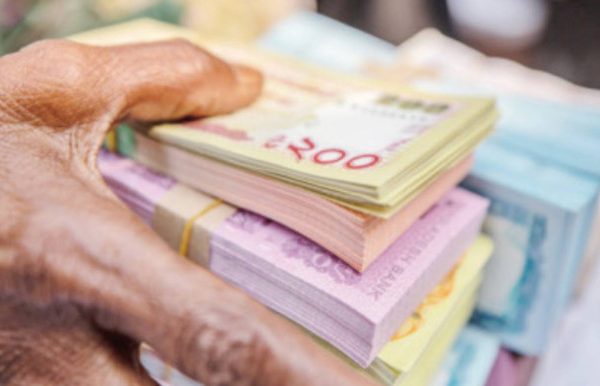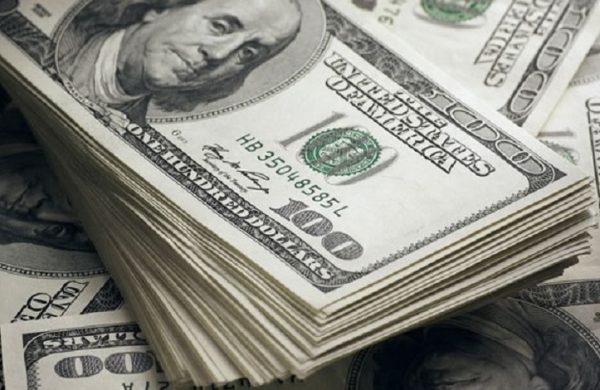Confidence in financial sector continues to erode
- Update Time : Saturday, August 2, 2025

TDS Desk:
It has been a year since the country’s political landscape changed, yet there is still no sign of political relief. The prospect of consensus among political parties on key reform issues remains elusive. Even in sectors where reform efforts are underway, significant concerns persist. Despite a series of meetings on constitutional, judicial, financial, and electoral restructuring, no widely accepted solutions have emerged.
Compounding the situation is a growing social crisis. With law and order yet to improve, public anxiety and unrest are on the rise. The banking sector continues to exhibit deep structural weaknesses. Although the dollar market has stabilized somewhat and the local currency has slightly appreciated, the situation remains dire. A record volume of defaulted loans has accumulated, with much of the embezzled money from banks still unrecovered. A substantial portion had to be written off due to the lack of recovery prospects.
The revenue sector shows no improvement. The new fiscal year began on a negative note, following a shortfall of several trillion taka in the previous year. Investment and employment remain stagnant. While inflationary pressures have eased slightly, they continue to burden households. Food prices remain elevated. Overall, the crisis of confidence in the economy persists—and in some areas, it has deepened.
Although a tentative date for the upcoming parliamentary elections has been announced, uncertainty looms over whether they can be held on schedule. This political instability is deterring investors. New investments have dried up, the employment engine has stalled, and the slowdown in business activity continues.
Financial adviser Salehuddin Ahmed recently cited an International Monetary Fund (IMF) estimate that $35 billion would be required to restructure the banking sector. He noted that when the current government assumed office in August last year, such economic distress was unparalleled globally. According to him, the previous administration effectively drained 80 percent of the funds in the banking system, resulting in an economic catastrophe.
A recent report from Bangladesh Bank indicates that there is no cash shortage in the country’s banking system, but rather a crisis of trust. As of the end of June 2025, the net surplus liquidity stood at Tk 2.65 trillion—nearly double the market’s demand. Yet this massive pool of funds is not circulating. Several banks face crises, having lost substantial sums to illicit transfers. The underlying issues are a stagnant investment climate, low credit demand, and a deepening mistrust of the financial system.
The liquidity crunch and lack of transparency at Shariah-based banks controlled by the S. Alam Group have also shaken public confidence, creating what some analysts call a “systemic mistrust.” This uncertainty discourages investors. High interest rates, political instability, and market volatility further dissuade businesses from taking risks. Even those with available capital are refraining from deploying it. Entrepreneurs, business owners, and investors are reluctant to inject new capital into the market. As a result, imports of capital machinery have plummeted.
Following the political changes on August 5, 2024, many factories—particularly in the garment and pharmaceutical sectors—have remained closed. Millions of workers have been left unemployed, and the ripple effects are weighing heavily on the macroeconomy. Prospects for reopening these factories appear slim. With no new industrial projects in the pipeline, unemployment is steadily rising.
The World Bank has expressed concern that these developments are hindering the country’s economic growth. Zahid Hussain, former lead economist at the World Bank’s Dhaka office, told journalist that remittance inflows have reached record levels over the past year. Foreign financing has also boosted foreign reserves. The increase in remittances via official banking channels has helped ease pressure on the dollar market and led to a modest appreciation of the taka—both positive signs for the economy.
However, he warned that this trend may not be sustainable if import activity resumes. With capital machinery imports currently in negative territory and private investment stagnant, the path to recovery remains uncertain. “If we can overcome political instability and deliver a strong economic jolt, recovery is possible,” he said. “But for that, we need an elected government formed through a free and fair election.”















